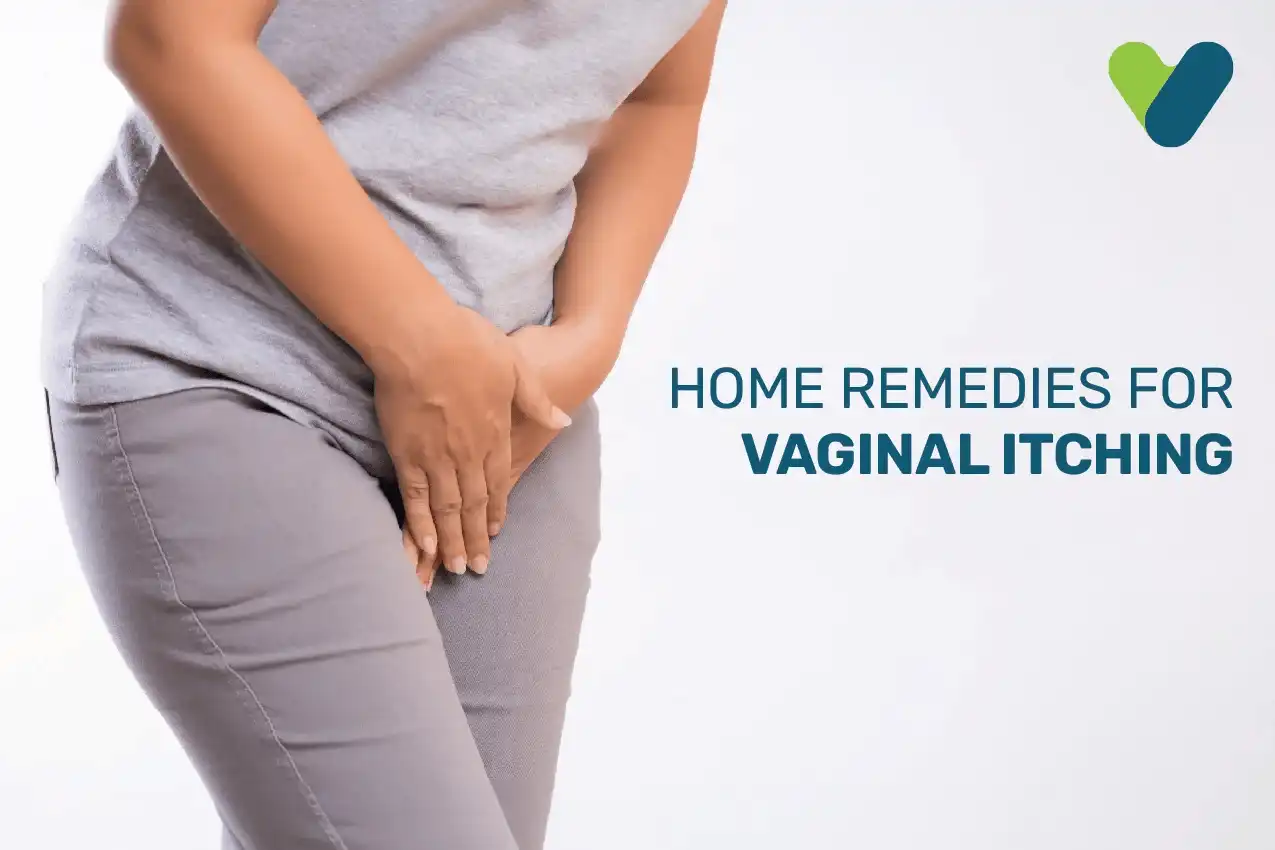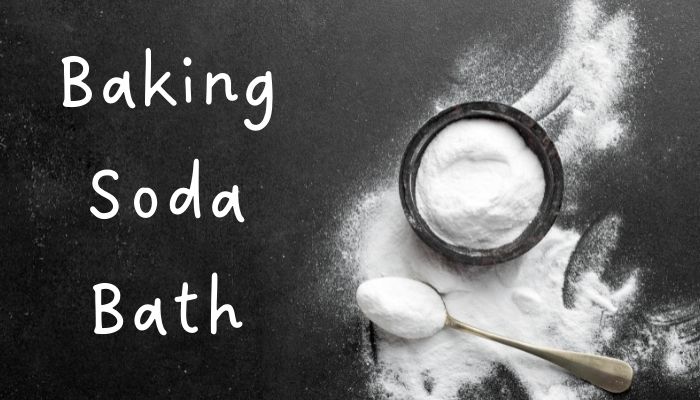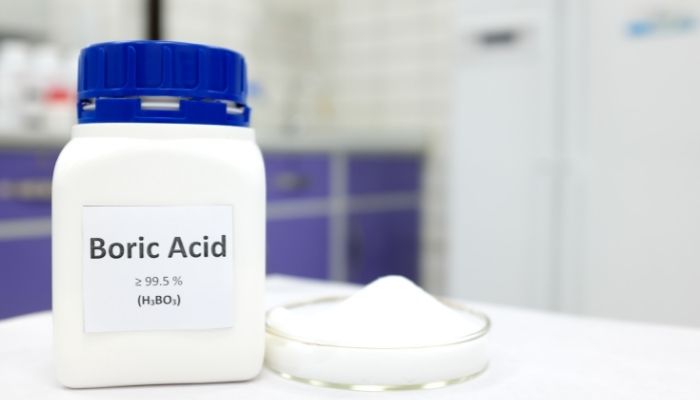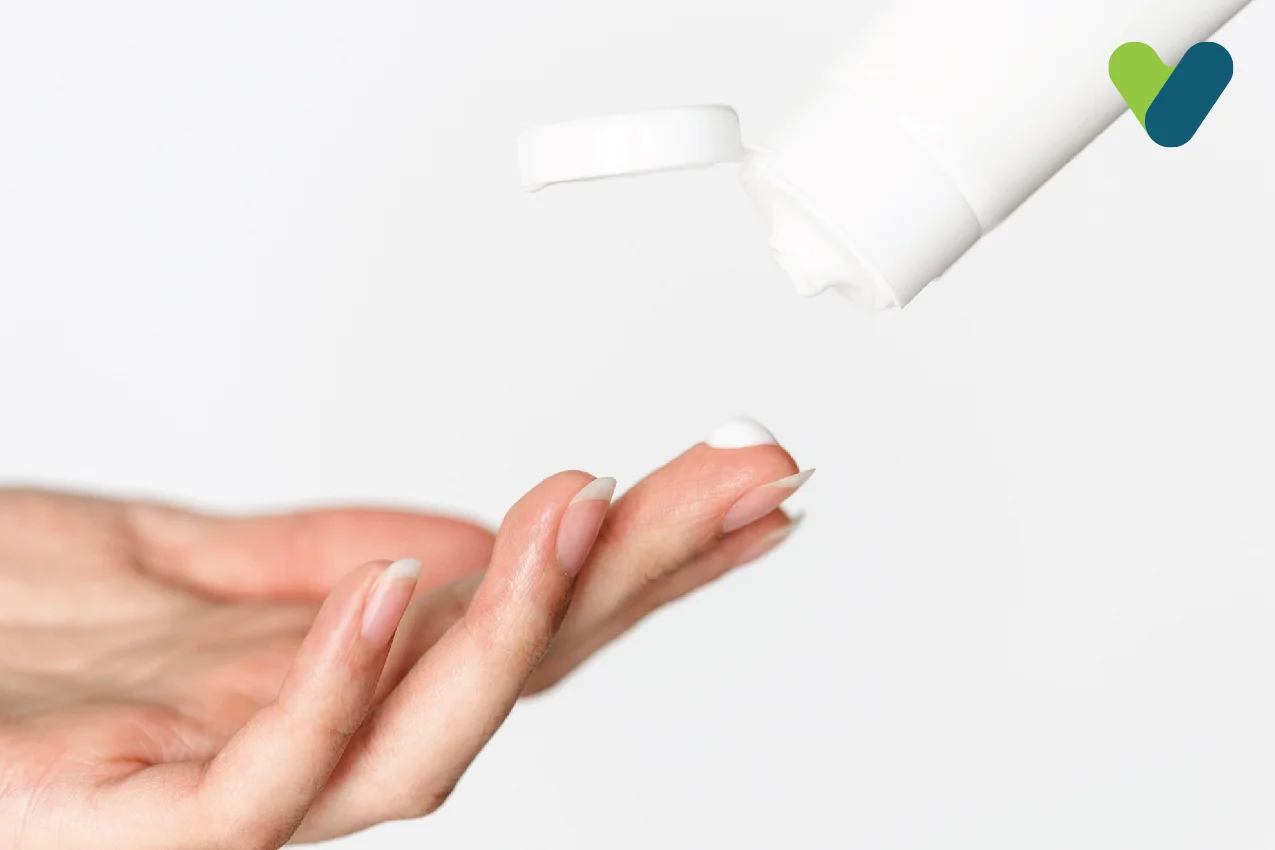Vaginal itching can be both uncomfortable and distressing, but before rushing to the pharmacy, you might be surprised to find relief right in your own kitchen. Home remedies offer a gentle and natural approach to alleviate vaginal itching, using common ingredients that you may already have on hand.
Introduction
Vaginal itching can be irritating but at the same time mortifying also. There could be an array of reasons for this type of itching. It could be either due to soap or a yeast infection or some underlying disease. Itching can also be a result of a sexually transmitted infection (STI). To get rid of itching, you need to identify the exact cause of it. You must be astonished to know that there are many home remedies for vaginal itching. In this article, we are going to discuss some popular home remedies for itching in the female private parts (vaginal itching). But before that, let’s see the basic difference between vulvar and vaginal itching and know some common causes of vaginal itching.What Causes Vaginal Itching?
Vaginal itching is often referred to as vulvar itching because it affects the external structures of the female genitalia, collectively known as the vulva. The vagina, on the other hand, is a part of the internal genitalia and is an elastic, muscular tube (canal) that connects the uterus to the outside of the body. It is important to consult a gynaecologist if there is itching inside the vagina and to avoid experimenting with itching vagina home remedies, as these may disrupt the sensitive vaginal environment and potentially cause complications.Itching in the vulva can either be a symptom of an underlying condition or just harmless, occasional itching. Home remedies for an itchy vulva are generally considered safe and can be tried as a first-line treatment for mild to moderate cases before trying different treatments for vaginal/vulvar itching, including over-the-counter medications. However, it is important to understand the cause of itching, burning sensation, or discomfort in your genitalia can help choose the right home remedy for vaginal irritation or itchy vulva home remedies. If the symptoms persist, worsen, or are accompanied by other concerning symptoms, it is advisable to consult a healthcare professional for proper diagnosis and guidance. Listed below are some of the common causes of vaginal itching:
-
Vaginal dryness
Vaginal dryness is a symptom that can occur in various conditions. It can cause itching and irritation, especially during activities that involve rubbing against the skin, such as brisk walking or running. Vaginal dryness can be genetic or caused by an underlying condition. -
Chemical irritants
Fragrances and other chemicals in feminine hygiene products, laundry detergents, and fabric softeners can irritate the sensitive skin of the vulva and disrupt the sensitive environment of the vagina. -
Sexually transmitted infections (STIs)
Infections such as gonorrhoea, chlamydia, genital herpes, genital warts, public lice, and trichomoniasis are some examples of STIs that can cause vaginal itching. -
Yeast or other fungal infection
An overgrowth of fungi, particularly candida, can cause itching, irritation, a burning sensation, and a thick white discharge. -
Bacterial vaginosis (BV)
Excessive growth of bacteria in the vagina can cause bacterial vaginosis, which may be accompanied by symptoms including grey discharge, a fishy odour, pain, itching, and a burning sensation. Bacterial vaginosis is not an STI. -
Hormonal changes
Low oestrogen levels are quite common in young girls and perimenopausal women, but they can be experienced at any age. Oestrogen is an important hormone that helps in the proper functioning of the female reproductive system, especially in maintaining vaginal secretions that lubricate the vaginal wall and reduce friction during sexual intercourse. Low oestrogen levels may cause dryness in the vagina and lead to itching (especially during sexual intercourse) in this sensitive area. Apart from this, low oestrogen levels may also cause irregular or absent periods, hot flashes, and fatigue. -
Changes in the levels of bacteria in the vagina
A woman may seek at-home treatments for itching in her private female parts due to discomfort during ovulation, pregnancy, or menopause due to fluctuations in her vaginal microbiome (the bacteria that live inside the vagina). -
Other causes
Other less common causes of vaginal irritation and itching include skin conditions (such as lichen planus, eczema, psoriasis, and desquamative vaginitis) and cancer of the vagina, vulva, cervix, uterus, or fallopian tubes.
Home Remedies For Vaginal/Vulvar Itching And Burning
Knowing the cause of genital itching can be helpful in determining the right kind of home remedy for vaginal irritation and itching. Some of the best at-home treatments for vaginal itching (that can also work for vulvar itching) are listed below:1. Baking Soda Bath
A baking soda bath is very effective if you are suffering from vaginal itching due to a yeast infection. Nearly 75 % of women may have at least one yeast infection in their lifetime. Baking soda has antifungal effects.A study in 2014 proved that baking soda kills Candida cells that are responsible for yeast infections. A soda bath is also a useful treatment for psoriasis. Just add between 1/4 cup and 2 cups of baking soda to your bath and then soak in the bath for 10-30 minutes.
2. Boric Acid
Boric acid is also useful in treating vaginal yeast infections. Many experts believe that it is as effective as fluconazole (a popular antifungal brand).
But you should use it cautiously as boric acid is toxic in large amounts. Always use it topically or as vaginal suppositories.
3. Greek Yogurt
This is another applauded home remedy for yeast infections. A study was conducted on 19 pregnant women who were suffering from yeast infections in the year 2012. Nearly, 82 of them were given a yogurt and honey treatment and 47 participants received over-the-counter antifungal cream.The study revealed that a mixture of honey and yogurt was more effective in treating vaginal yeast infections as compared to over-the-counter antifungal medication. So, scientists have claimed that a mixture of Greek yogurt and honey is more effective than commercial antifungal creams in combating vaginal yeast infections.
4. Cotton Underwear
Are you looking for home remedies for vulvar itching and burning? Cotton underwear could be your best choice if you have vaginal itching due to chemical irritants. This type of underwear is breathable, thus, will lessen itchy skin conditions.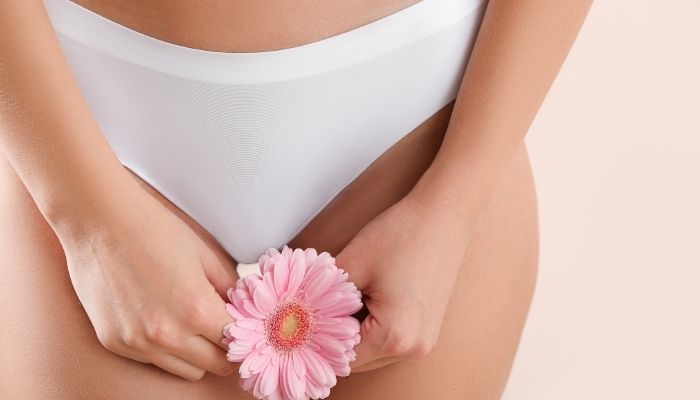
Try to wear 100% cotton underwear for yeast infections, as yeast flourishes in areas that aren’t well ventilated.
5. Apple Cider Vinegar Bath
Apple cider vinegar has a chunk of health benefits. It is also beneficial in treating vaginal itching and discomfort.Many people use this vinegar in their bath to soothe a yeast infection. Apple cider vinegar is also a popular home remedy for itchy skin. But many more studies are needed to establish this claim.
6. Colloidal Oatmeal Bath
The colloidal oatmeal powder has the power to reduce skin inflammation.It gives you relief from itching and skin irritation. Just dissolve oatmeal into a warm bath and then, take it for 20 minutes.
7. Probiotic Supplements
Bacteria are imperative for vaginal health, and probiotics will uplift the level of “good” bacteria in your vagina.The markets are flooded with many probiotic supplements including capsules and tonics. These promote the growth of wholesome and beneficial bacteria in your vagina and gut. Sometimes, doctors may recommend you take probiotics along with antibiotics.
8. Coconut Oil
Some skin diseases like eczema and psoriasis may cause vaginal itching, rashes, redness, etc. Coconut oil is effective in treating vaginal itching due to eczema.Coconut oil may kill Candida albicans which may cause yeast infections. Apply coconut oil directly into your vagina. Always use high-quality pure coconut oil.
9. Aloe Vera Cream
Aloe vera cream is highly recommended to soothe itching from an array of ailments.Use it on the vulva and inside the vagina if you have vaginal itching.
10. Antifungal Cream
If you are having vaginal itching and discomfort, you may use some over-the-counter antifungal creams to overcome the situation. These creams extirpate the yeast, which soothes the itch.You may also get these creams in the form of vaginal suppositories that you need to insert into the vagina. If you are using an antifungal cream or suppository in your vagina, try to wear a panty liner.
Also Read : List Of Vaginal Cream For Itching
11. Cortisone Cream
If you are having vaginal itching after shaving pubic hair, then a cortisone cream could be your best option. This type of cream is also beneficial in treating eczema, allergic skin conditions, and some rashes.This cream also lessens rashes and soothes them. But never apply a corticosteroid cream inside your vagina; you can apply it topically where pubic hair grows.
12. Practice a Good Hygiene
To prevent and soothe itchy vagina, practice good hygiene. By using lukewarm water, always wash your vagina and vulva from the outside.Never use scented soaps, gels, or cleansers. Even stay away from feminine hygiene or intimate cleansers. Go for vaginal douching only if your doctor prescribes it.
13. Apply Mustard Oil
Mustard oil is indeed often recommended as a home remedy to ease itching in the vulva. It is believed to possess anti-inflammatory, antibacterial, and antioxidant properties that can help alleviate irritation and reduce itching in the genital area. Applying mustard oil to the genitals when they itch is an age-old remedy recommended by grandmothers, but individual experiences may vary. If the irritation persists or worsens after applying mustard oil, one must visit a doctor for further evaluation and management.Natural Home Remedies for Vaginal Itching
Home remedies are widely used in India to address various health issues and they are often recommended by Ayurvedic practitioners. While it is important to prioritise health and avoid risky experiments, natural remedies for vaginal itching have some potential advantages. Here are a few reasons why they may be considered before consulting a doctor:- Natural ingredients: Home remedies for vaginal itching typically consist of raw and natural ingredients, avoiding the use of harsh chemicals. This makes them relatively safe for the body and promotes natural healing.
- Mildness: Compared to prescribed medications, natural remedies for vaginal itching are generally milder as they are prepared fresh and naturally. This can be appealing to individuals seeking gentle treatment options.
- Traditional reliability: Home remedies have been used for centuries and often have anecdotal evidence supporting their efficacy. Many people find them reliable and effective in managing vaginal itching symptoms.
- Cost-effectiveness:
- Natural remedies for vaginal itching are often cost-effective as they can be prepared at home using readily available ingredients. This can be advantageous for individuals looking for affordable treatment options.
Potential downsides of using home remedies for vaginal itching
Although there are numerous benefits to using home remedies for vaginal itching, if used incorrectly, they may cause more harm than good. Listed below are some of the disadvantages of using home remedies:- Since one has to prepare the home remedies by themselves at home, there is a chance that one may confuse an ingredient, such as a particular type of plant, with another. This can lead to wild, poisonous plants making their way into the home remedy. If a person uses this, they will likely have an adverse reaction.
- Although home remedies are made with natural ingredients that are usually harmless, they still represent a form of treatment. There is a risk of overdosing on the remedy, which can further irritate the sensitive skin of the vagina and cause complications.
- Home remedies may not provide immediate relief compared to allopathic treatments. They may require more time to show results.
- If a home remedy only treats the symptom of vaginal itching without addressing the underlying condition causing it, the person may not be aware of the actual problem.
- Although they are usually effective in treating vaginal itching, they may not be able to treat severe cases.
How To Figure Out If a Home Remedy for Vulva Itching is Working or Not?
- Lack of improvement or worsening of symptoms: It is likely that the home remedy for vaginal itching a person is trying is not working if they don’t see any improvement in their condition or their conditions worsen. In such cases, people often try a different home remedy or visit a gynaecologist.
- Persistence or recurrence of symptoms: Although vaginal itching is quite common and often harmless, it could be a sign of a more serious medical problem if the vaginal itching symptoms persist, reoccurs, or do not respond to any form of treatment, including home remedies. For example, one of the symptoms of diabetes includes recurring yeast infections and itching; people with diabetes are often diagnosed late when other symptoms surface. Persistent vulvar itching that does not respond to treatment could be a sign of some skin condition or precancerous changes to the vulva and needs to be diagnosed by a dermatologist for further treatment/management.
- Caution with over-the-counter medicines and supplements: People may also use over-the-counter medicines and supplements to improve their condition if the home remedy that they tried didn’t work. However, one must be careful while using medicines and dietary supplements as they may lead to complications in certain cases or show no improvement at all.
When to Consult a Doctor?
While many cases of vaginal itching can be managed with at-home treatments for vaginal itching, it is important that they visit their gynaecologist or primary care doctor upon experiencing any of the following:- Pain or burning sensation after intercourse or urination
- Pain in the genital or pelvic region
- Genital redness, swelling along with a foul disorder
- Blisters on your vulva
- Unusual vaginal discharge (discharge colour green, yellow, or brown)
- Discharge that looks frothy or has a cottage cheese-like texture
- One cannot pinpoint the source of the itch
- Home remedies and other treatments are not providing relief
Tips For Preventing Vaginal Itching
Here are some tips for vaginal itching or itching in or around your genitals:- Wear comfortable, breathable clothing: Natural fabrics such as cotton are excellent options to control the humidity in private parts. Tight clothes that can rub against the skin may also cause discomfort and lead to itching.
- Avoid wearing underwear during the night: Airing the nether regions at night is a great way of preventing infections due to excess moisture. Additionally, there are several studies that indicate the health benefits of sleeping naked.
- If you shave, change your razors frequently: Dull blades of the razor can cause irritation to the skin around the vulva when you shave; consider investing in new razors about every five uses or whenever the blade gets dull.
- Use lubrication for vaginal dryness: Women who have vaginal dryness should consider using a lubricant during masturbating, inserting a menstrual cup, and intercourse.
- Try an alternative hair removal method: Women who shave their bikini area may experience itching afterward. In such cases, changing the hair removal method can be helpful. They can consider trimming their pubic hair with a trimmer or opt for waxing or laser hair removal.
- Practice good sexual hygiene: Getting tested before getting intimate with a different partner can help prevent STIs. It is also recommended that you use a barrier, such as a condom, each time you engage in intercourse. Cleaning sex toys is also a must before and after each use, especially if they are shared.
